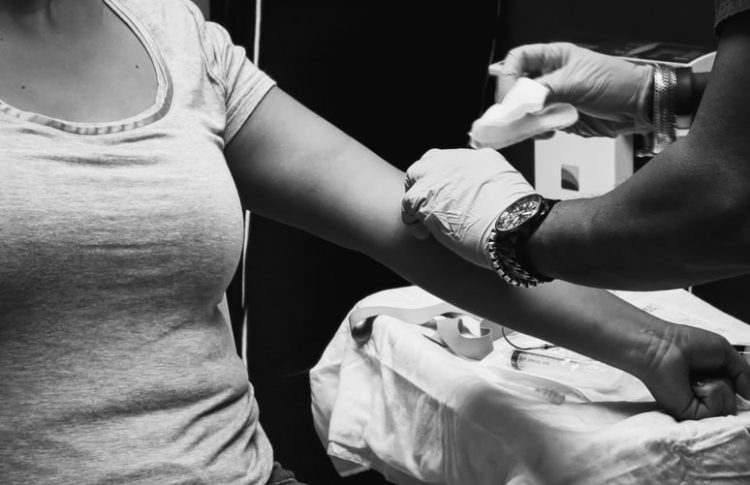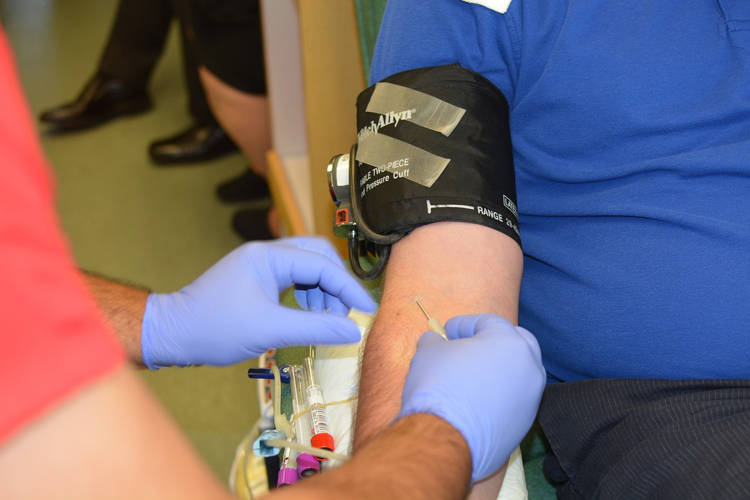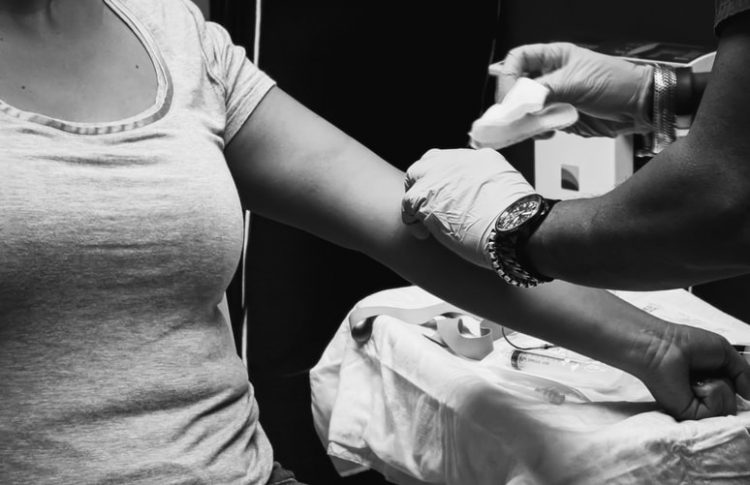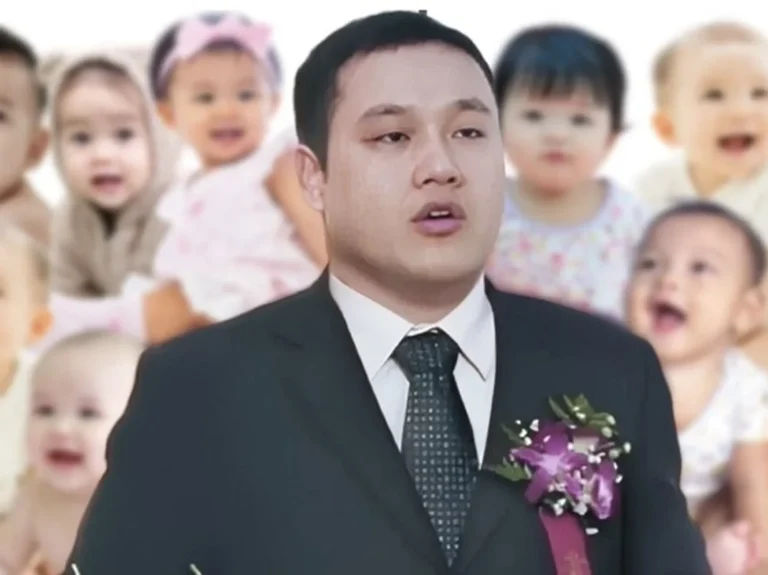A 21-year-old woman has lost mobility in her right arm following a botched blood donation in which a nurse allegedly drew blood from one of her arteries instead of a vein.
Gabriela Ekman, of Ontario, Canada, had just turned 17 when she decided to donate blood for the first time in her life. She hoped it would make a difference, maybe even save someone’s life, but she had no idea it would actually change her life for the worse. When she went to a blood drive hosted by Canadian Blood Services four years ago, she didn’t know what to expect, but when the the phlebotomist who drew her blood let out a “whoops” when she stung her arm with a needle, she knew something wasn’t right. But she didn’t say anything, not even when the staff commented on how oxygenated her blood seemed, an indication that it may have come from an artery, instead of a vein. By the time she realized something was definitely wrong, it was too late…

Photo: Obi Oneyador/Unsplash
“It was about maybe 10 to 15 minutes later I started to feel that something didn’t feel right. I hadn’t given blood before, so I didn’t know what to expect,” Gabriela recently told CTV News.
When Ekman followed up with a member of the blood drive about the pain in her arm, she was told to go to the hospital, which she did, but doctors there couldn’t find anything wrong, and told her to go home. In the following weeks, the young woman became unable to straighten her arm, and developed bruising from her wrist to her shoulder. By the time she returned to the hospital, Gabriela learned that hers was an emergency life-saving situation.
“That’s when we had the confirmation that my blood draw must have come from my artery rather than my vein,” Gabriela said.
Gabriela Ekman underwent emergency surgery on her arm to stop the bleeding, remove the blood clot that had developed, and close the hole in her artery. It saved her life, but didn’t seem to do anything about the excruciating pain and the loss of mobility in her arm. Despite undergoing several other procedures and sessions of physiotherapy, nothing seemed to work.
The young woman was diagnosed her with a form of chronic pain called Complex Regional Pain Syndrome (CRPS), a rare condition associated with traumatic injury. Doctors know very little about the condition, apart from the fact that it can last months, even years, and is characterized by burning, swelling, spasms, and hypersensitivity in the affected limb.
Ekman has been living with CRPS for four years now and has shown no real signs of recovery. She still hasn’t recovered mobility in her right arm, and needs to wear a brace virtually all the time, because her arm “physically won’t go straight anymore”.
“It feels like it’s ruined my life, it’s taken away my future,” she said. “I can’t look in the mirror without thinking about how much I’ve been hurt and how my future feels like it’s being taken away from me for trying to give life to other people.”
At 21, Ekman is dependent on her mother to help her with everyday tasks, such as cooking, and driving from place to place. She was forced to attend a community college nearby so she could live with her family, and has been struggling with school because of the chronic pain. Her mental health has been impacted by CRPS as well, and has received treatment for PTSD, anxiety and depression.
Gabriela Ekman is currently seeking financial compensation from Canadian Blood Services, after the organization cancelled mediation talks with her on three occasions. She still believes in blood donation, but doesn’t think donors should pay this high a price for wanting to help others.

Photo: rdelarosa/Pixabay
“I believe people should donate blood. I believe giving life to someone else is such a beautiful thing. There’s a reason that I wanted to do it in the first place,” she told CTV News. “But it shouldn’t cost you everything that you have… it shouldn’t take away your independence, your confidence, it shouldn’t destroy your future.”













